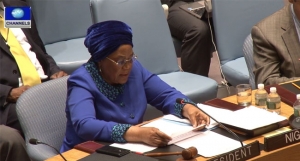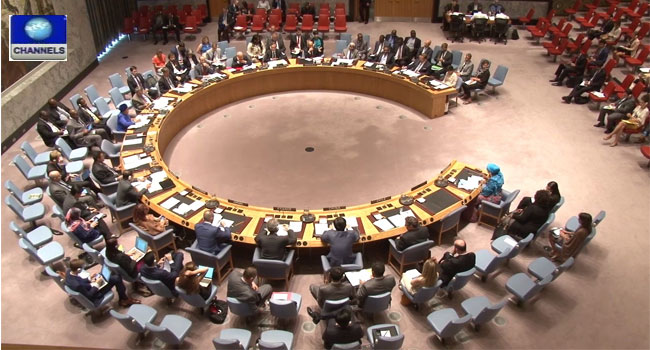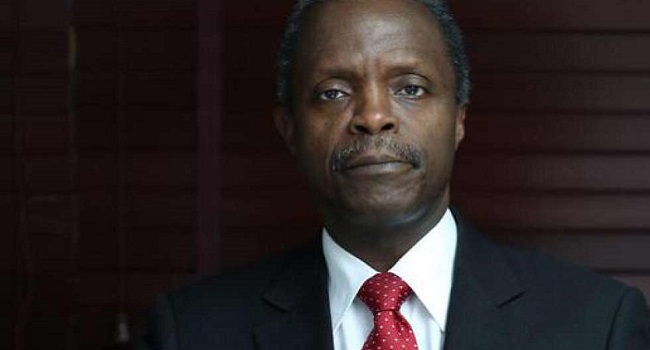
The United Nations Security Council has advised African nations facing security challenges to take the lead in the security sector reform while the UN provides needed support.
This is part of the resolutions reached at the end of the meeting that had seen Nigeria’s presidency at the UN Security Council, bringing to the front burner issues related to maintaining peace and order in countries coming out of conflict.
Nigeria had led the council to adopt resolution 2151 in 2014 which allows the United Nations to support security sector reforms in these countries, including an overhaul of the police, army, justice and intelligence sectors in order to restore order in the system and build lasting peace.
“Strong Political Will”

At the just concluded session of the Security Council, Nigeria’s Permanent Representative to the United Nations, Professor Joy Ogwu, among other speakers, however, called on states to take initiative and lead the reform process with a strong political will.
Reading out some of the resolutions at the meeting, Professor Ogwu said: “States must bear primary responsibility for the maintenance of peace and security within their borders.
“States must continue to take the lead in determining their security sector priorities”.
She further stressed that the demands from the African countries were the “essence and primacy of the idea of National ownership”.
Days ago, African envoys had expressed hopes that they would leverage on the Presidency of Nigeria and bring to the fore, issues of insecurity and other challenges that countries in the continent were facing for deliberation and possible solution.
Nigeria was also able to secure the Councils call for more support to IDPs in the oil-rich nation’s north-east, where the activities of the Boko Haram sect had displaced close to 1.5 million persons.



